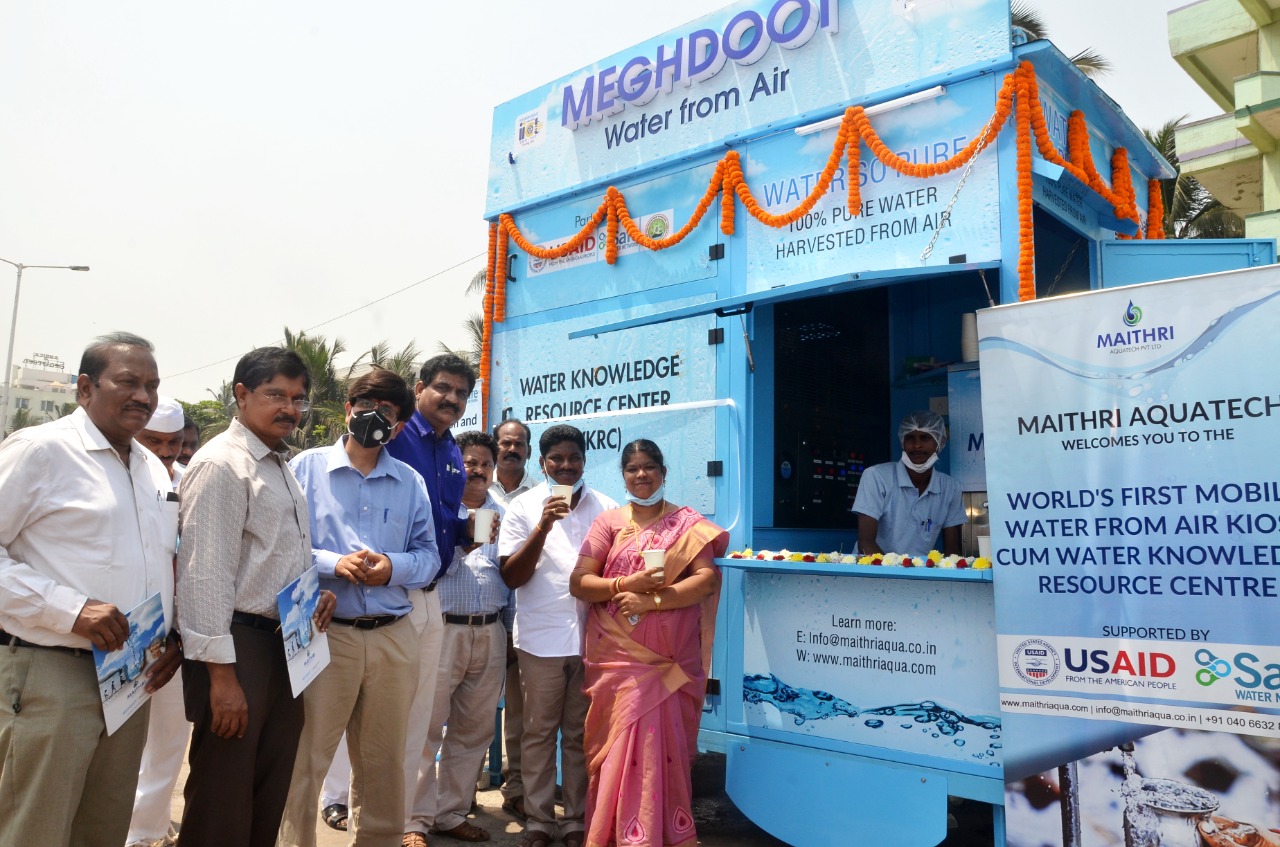Become water-sensitive; every fifth child in the world confronts water scarcity.

Water stress had been worsened by decades of mismanagement, over-extraction of groundwater, and poisoning of freshwater supplies. Water stress has also been compounded by rapid population increase, urbanization, climate change, and extreme weather occurrences, resulting in a reduction in accessible quantities of safe water.
The world’s water crisis isn’t just coming; it’s now here, and climate change is only exacerbating it. It is a human right to have access to safe drinking water. So, according to UNICEF, 2.2 billion people around the world still lack access to safe drinking water? If 2.2 billion of those individuals do not have access to safe drinking water, that means nearly one-third, of the world’s population does not have safe drinking water. Statistics like these should numb us.

Water stress had been worsened by decades of mismanagement, over-extraction of groundwater, and poisoning of freshwater supplies. Water stress has also been compounded by rapid population increase, urbanization, climate change, and extreme weather occurrences, resulting in a reduction in accessible quantities of safe water.
The world’s water crisis isn’t just coming; it’s now here, and climate change is only exacerbating it. It is a human right to have access to safe drinking water. So, according to UNICEF, 2.2 billion people around the world still lack access to safe drinking water? If 2.2 billion of those individuals do not have access to safe drinking water, that means nearly one-third, of the world’s population does not have safe drinking water. Statistics like these should numb us.
When wells run dry, it is the children that miss school to go fetch water. Droughts reduce food availability, causing hunger and stunting in children. Children become ill from waterborne infections when floods occur. When water resources are scarce, children are unable to wash their hands to protect themselves from sickness.
Waterborne infections like dysentery and rotavirus, which cause severe diarrhea, are caused by contaminated water. Proper health and hygiene habits can save lives, particularly in underdeveloped countries where the poorest children are most vulnerable. Diarrhea is the most common cause of illness in children resulting in a newborn dying every minute and a child under the age of five dying every 12 seconds.